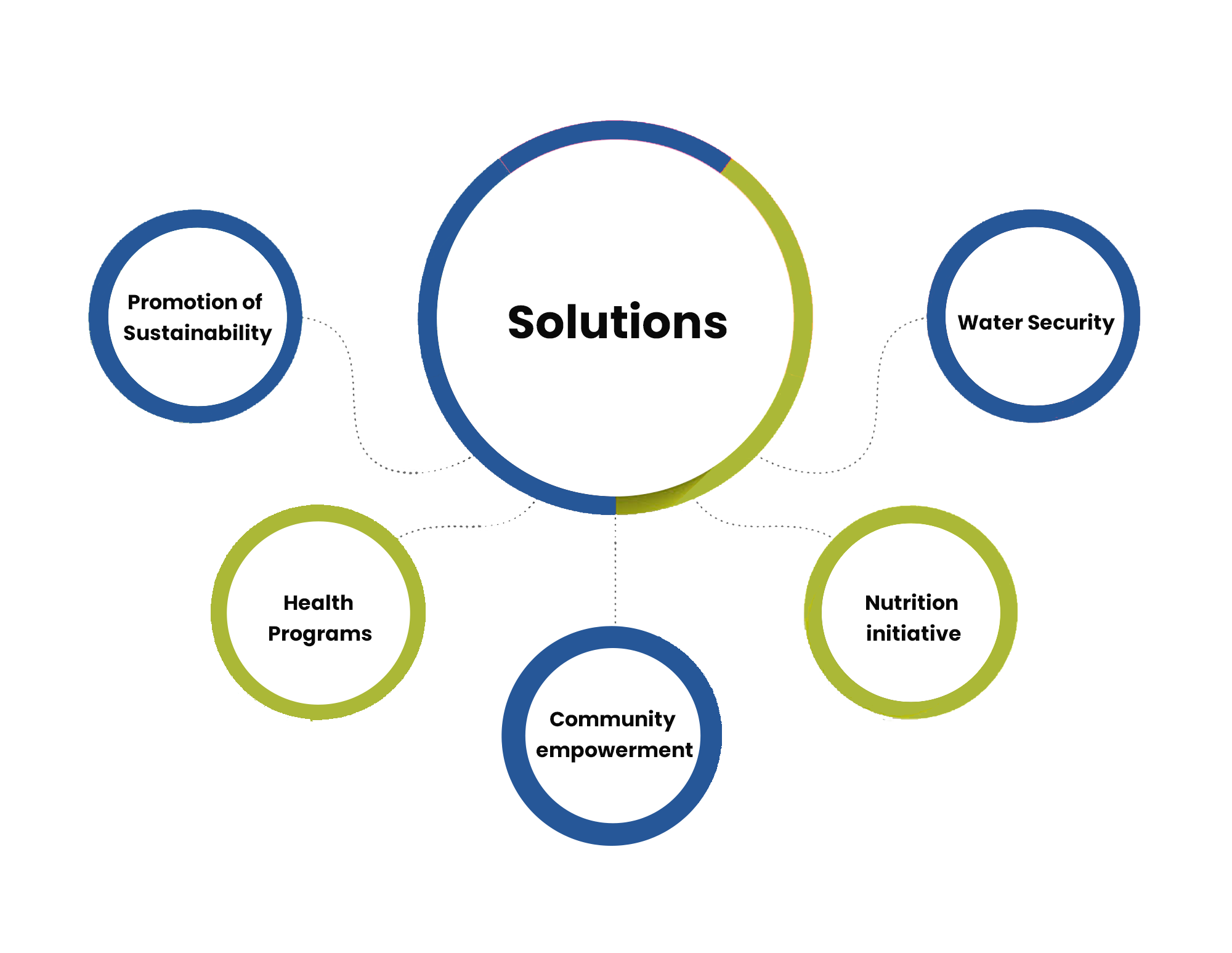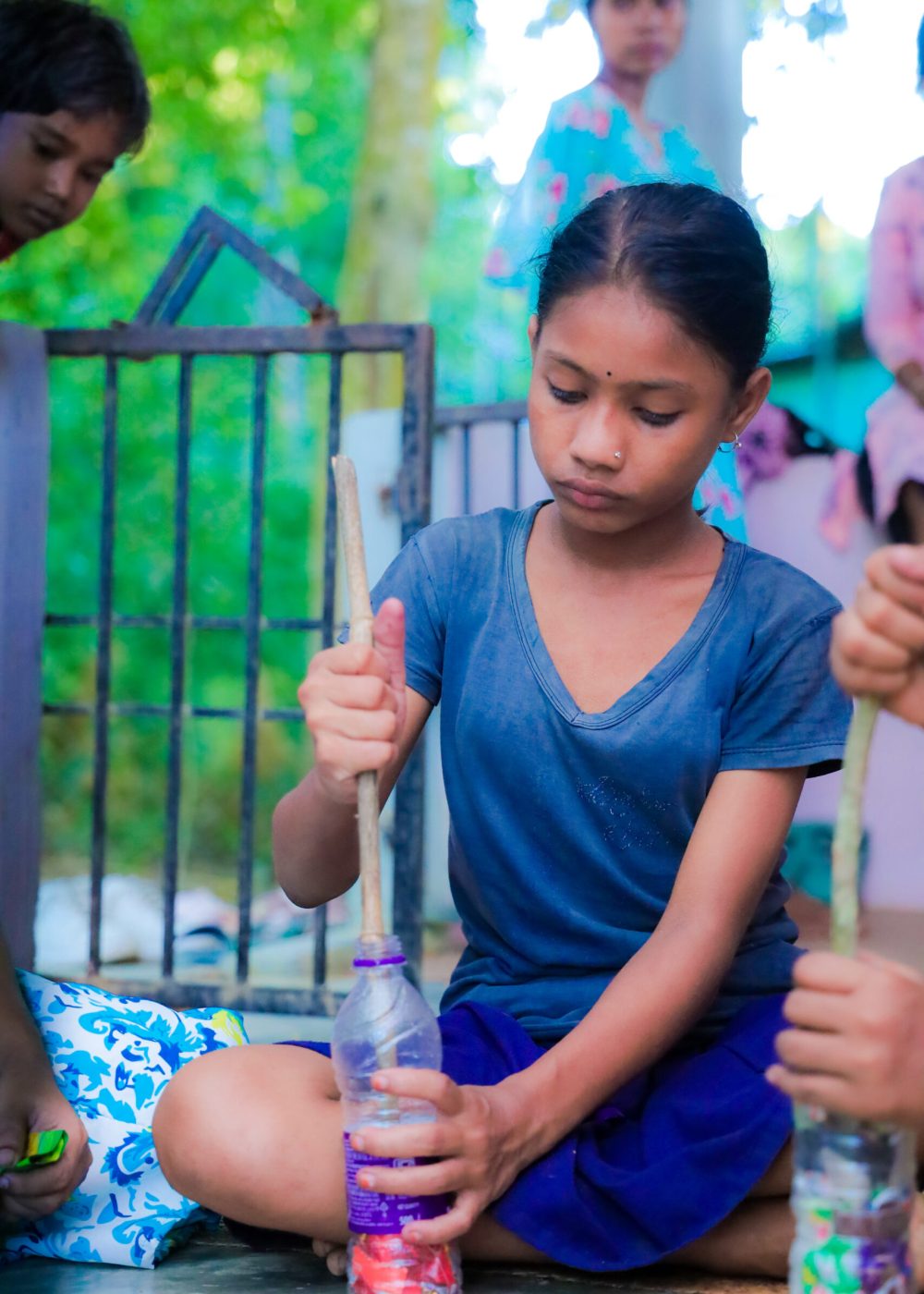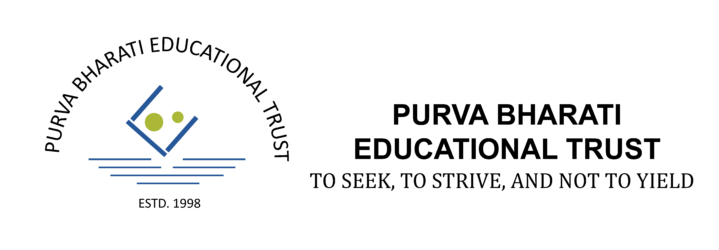Environmental Justice
The Problem
Natural Disasters
Natural and human-induced disasters have severely affected community health and economies. PBET also observed the vulnerability of rural communities, including tea garden workers, during the COVID-19 pandemic, necessitating support for nutrition, livelihoods, and healthcare. PBET addresses climate justice issues with an eco-feminist perspective, utilizing studies and environmental testing to identify and address these concerns.
WASH in Tea Garden
Water, Sanitation and Hygiene (WASH) programme was initiated in response to the deteriorating health conditions of community members in the Tongonagaon Tea Estate. The area was plagued by waterborne diseases caused by high levels of bacteria contamination in the water sources, particularly in tube wells. Additionally, the presence of high iron content in the water further exacerbated the health concerns. It also had a severe impact on the health of tea garden community members in Jorhat and other focus tea gardens of Assam.
Health Issues
Anemia prevails as a widespread issue in the tea garden regions of Assam, primarily attributed to subpar dietary practices and lifestyle choices. The COVID-19 pandemic exacerbated the problem, manifesting in increased cases of illness stemming from inadequate nutrition and unhealthy eating habits. Consequently, there emerged an urgent necessity for community-based nutritional and healthcare assistance.

Our Solution
We have initiated various programs to promote sustainability and enhance community well-being. Through Government Partnerships, we collaborate with agencies such as the Forest Department and local blocks, engaging communities in sustainable plantation practices. We have also played a pivotal role in establishing Sustainable Nutrition Gardens in schools and households across multiple districts, granting access to nutritious produce.
PBET has organized health check-up camps in partnership with tea garden management and public health departments, with a focus on addressing issues like anaemia and malnutrition among 800 children. We’ve taken the lead in training 20 Community leaders in Eco-Feminism, Community nutrition, and Eco-Enterprise, empowering the community to effectively manage their resources.
Our “Together for H2OPE” program ensures safe drinking water for 8000 residents in the Tongonagan Tea Estate through regular testing and active community participation. These initiatives underscore our unwavering commitment to holistic community development and sustainability.
Our Key Milestones
PBET is committed to creating a resilient and sustainable future for tea gardens, and rural communities, ensuring their access to nutritious food,a healthier environment, and improved overall well-being.
Through our concerted efforts, we reached 7500 women, men, girls, boys, and youth, from different communities.
Community Intervention
- PBET has initiated the establishment of Health Clubs in 4 tea gardens across the three districts of Assam. These clubs reached 200 girls, and women to promote health-conscious behaviours through exercise, and sports.
- 1500 silver-coated candle filters were distributed to the residents of Tongonagaon Tea Garden. after water testing for bacteriological contamination.
- Tongonagao Tea Garden, most probably the first tea garden has 15 Public toilets and 3 Iron Treatment plants inside the plantation areas.

Humanitarian Relief
- Distributed essential aid to 1340 families in Cachar, Nagaon, and Sonitpur districts in 2022 during the floods
- Assisted 7500 families, health workers, and migrant workers with essentials during the pandemic in 2020, 2021and 2022.
- Extended COVID support to 3080 families from 135 villages and urban areas of 19 districts in Assam, Bihar, Haryana, Madhya Pradesh, Rajasthan and Uttar Pradesh in 2022 in collaboration with Dalit Women’s Fight, Prayas, and WinG-India.
- Wellbeing and health insurance support for 129 frontline activists and volunteers.
- Supported 3,500 individuals in Baghjan, Tisukia District, after the oil explosion in 2022,
